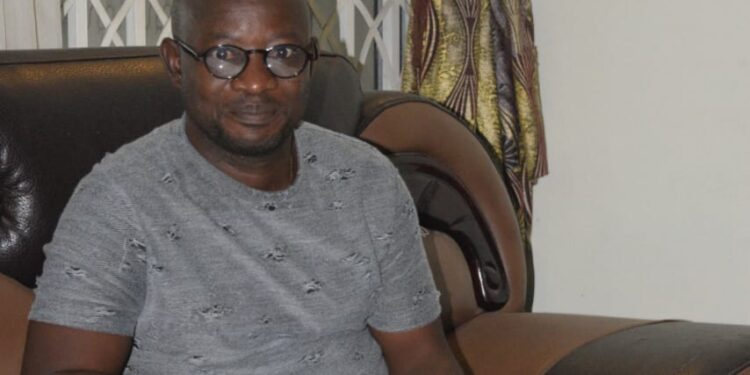The Electoral Commission (EC) of Ghana has a constitutional and statutory mandate to ensure that only qualified political parties and candidates participate in national elections. However, recent developments raise serious concerns about whether the EC is fulfilling its obligations impartially and cost-effectively.
Despite clear constitutional provisions and the Political Parties Act, 2000 (Act 574) requiring political parties to meet specific criteria—such as maintaining offices in at least two-thirds of districts in each region—it appears that the EC has deliberately allowed some political parties that do not meet these requirements to contest elections. This is a direct violation of the law and a betrayal of the trust Ghanaians place in the Commission to uphold fairness and transparency.
The growing number of political parties and independent candidates raises suspicions about the EC’s motives. Is the Commission intentionally creating a crowded electoral field to influence outcomes in favour of a particular political party? By allowing unqualified political parties to participate, the EC risks splitting votes, potentially forcing a runoff. This strategy, if true, undermines the democratic process and creates an uneven playing field. Ghana’s electoral integrity must not be compromised by such tactics, as they cast doubt on the impartiality of the Commission.
What even shocked many Ghanaians was the exclusion of an old party the PNC while political parties that were just formed yesterday are qualified to contest this year’s election. Could the EC be up to something weird? How many political party offices do some of these parties have more than the PNC? The disqualification of the PNC presidential candidate goes a long way to suggest the EC has something up its sleeve. Because I cannot imagine other political parties going through the process, which the PNC has gone through for decades but couldn’t do only this time. The EC must stop the joke before its action truncates the political tranquility we are enjoying in this country.
The inclusion of numerous unqualified political parties on the ballot also has significant financial implications. Printing ballot papers for a bloated list of political parties, many of which have no national presence or realistic chance of winning, is a waste of taxpayer money. Beyond printing costs, the logistics of managing such a large number of candidates in an election strain the country’s resources unnecessarily. At a time when Ghana faces economic challenges, the EC must act responsibly to ensure that public funds are spent judiciously.
The growing number of independent candidates also warrants scrutiny. While the Constitution allows independent candidates to contest elections without requiring organizational structures, this loophole has led to a flood of candidates with little or no realistic chance of success. The law should be amended to introduce additional requirements for independent candidates, such as demonstrating substantial support from their constituencies or paying a higher filing fee. This will prevent unserious candidates from crowding the ballot and ensure that elections are streamlined and meaningful.
In my candid opinion, I recommend the following as the way forward. The EC must take immediate action to restore public confidence in its operations by:
1. Enforcing the Law: Disqualify political parties that do not meet the constitutional and statutory requirements, particularly those lacking the mandated district offices.
2. Reevaluating the Role of Independent Candidates: Work with Parliament to amend the law to introduce stricter requirements for independent candidates.
3. Transparent Decision-Making: Clearly communicate the criteria for qualification and provide a detailed account of the steps taken to enforce them.
4. Cost-Conscious Planning: Limit the number of candidates on the ballot to reduce costs and ensure efficient electoral processes.
In conclusion, Ghana’s democracy thrives on fairness, transparency, and accountability. The EC must rise above suspicion and political manipulation to ensure that the electoral process remains credible and reflective of the will of the people. Anything less is a disservice to the democratic ideals that Ghanaians hold dear.



















